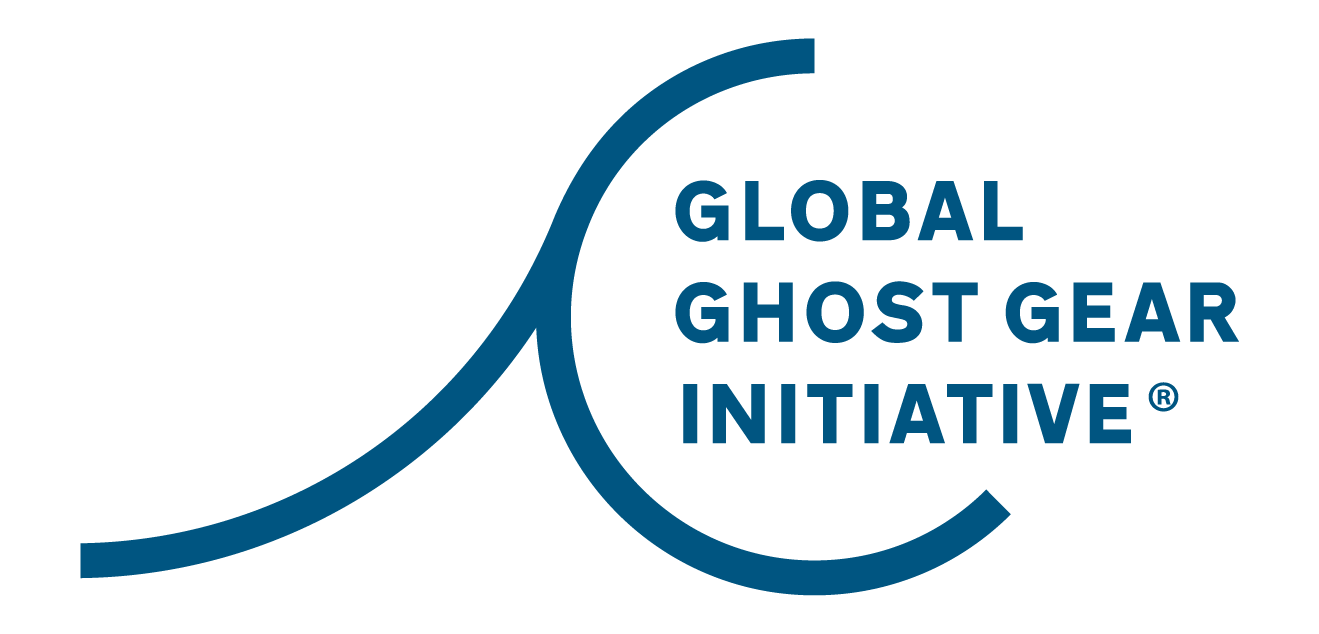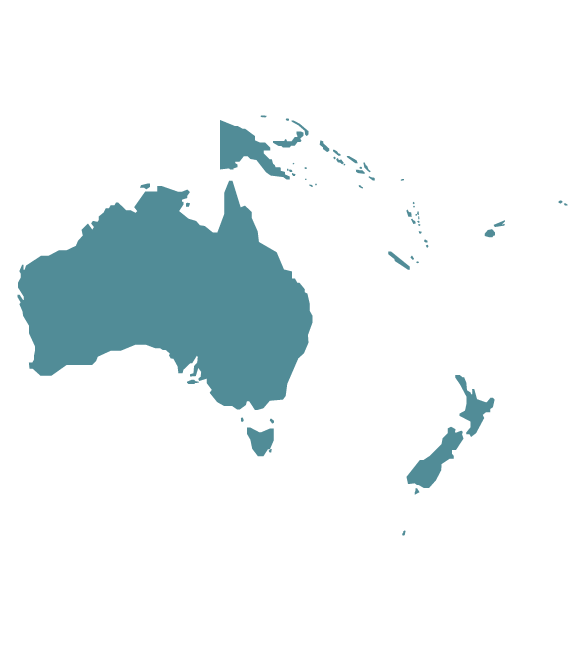Our
projects
Projects on this page are divided into two categories: GGGI Signature Projects and GGGI Small Grants.
GGGI Signature Projects are collaborative projects that have been designed by and funded through the GGGI involving several GGGI members and other partners contributing to large-scale and often multi-phase projects.
GGGI Small Grants are projects are funded through the GGGI Small Grants Program, which is a competitive bid-based program open to GGGI members only, pending available funding. GGGI Small grants typically involve one or more GGGI members working on specific projects in select geographies.
GGGI projects by region - select a region and then click “explore” to see projects from each region
All Projects
Search by Category
- Africa 3
- Asia 5
- Capacity Building Workshops 11
- Central and South America 1
- Data Collection 13
- EOL Gear Collection/Recycling 12
- Europe 4
- Fisher Interviews 9
- Gear Removal 24
- North America 14
- Oceania 2
- Outreach and Education 20
- Predictive Models 5
- Side Scan Sonar Surveys 5
- Technology Testing 8
- UAV Surveys 4
GGGI Signature Project - Myanmar
Lost, abandoned and discarded commercial and artisanal fishing gear is emerging as a critical threat to Myanmar’s coastal ocean, where it impacts both ecologically and economically important living marine resources, including threatened and endangered species like dugongs, turtles, manta rays, and corals; and poses a threat to Myanmar’s budding ocean-based tourism industry. To address the challenge of ghost fishing gear in Myanmar, the GGGI and the Myanmar Ocean Project initiated a ghost gear removal pilot effort - the first of its kind in Myanmar. The project, funded by World Animal Protection and the National Geographic Society, focused specifically on the Myeik Archipelago, one of the most untouched island groups in the world. Throughout the islands of the archipelago, ghost nets from artisanal fisheries have been found beneath the surface, threatening key species such as manta rays, and harming the marine ecosystem. Ms. Thanda Ko Gyi, a Burmese national, highly skilled SCUBA diver, and founder of the Myanmar Ocean Project, was the first person in Myanmar to both raise the alarm about lost fishing gear and take the initiative to remove it, serving as Field Manager for the project.
GGGI Signature Project - Caribbean
The GGGI has been engaging in the Caribbean since 2018, having been an observer and giving presentations on ALDFG at the Caribbean Regional Fisheries Mechanism annual meetings in Montserrat in 2018 and St. Kitts in 2019. The Caribbean region, being prone to frequent severe storm events such as hurricanes, experiences a significant amount of gear loss, particularly in its static gear fisheries using traps and pots. This comprehensive project is focused on two key project objectives in the Caribbean region:
reducing ghost gear by incentivizing adoption of best practices around gear loss prevention, exploring innovative gear designs and improving port reception facilities; and
identifying the types and prevalence of ghost gear in the region and conducting workshops to train local stakeholders in gear marking and retrieval.
GGGI Small Grant (2023) - Wolf Fish Ltd. (Thailand)
The Gulf of Thailand is one of the most active fishing locations globally. Gillnets are used extensively in this area and when lost, they can have serious impacts on the local ecology and both target and non-target species. ARRI’s two study sites - the islands of Koh Phangan and Koh Tao - are within the Surat Thani Environmental Protected Area, which is located directly south of this intensive fishing region. Reports from local marine conservation organizations indicate significant accumulations of Abandoned, Lost and Discarded Fishing Gear (ALDFG), primarily gillnets, which are continuously found entangled on the reefs surrounding these islands, posing a serious threat to local wildlife and the marine ecosystem.
GGGI Small Grant (2022) - Stichting Ghost Diving (Greece)
Stichting Ghost Diving is implementing a project dedicated to locating ALDFG in Mediterranean waters using unoccupied aerial vehicles (UAVs) in near-shore coastal environments. Through the course of this project, Stichting Ghost Diving is working with fellow GGGI member Wolf Fish Ltd. to perform aerial surveys using UAVs to gather information about the distribution of ALDFG along specific areas of the Greek coastline. Survey flights in areas of regional interest will return results about the type, location, and density of ALDFG, and about ALDFG impact across large regions of the coast.

Become a Member
Interested in becoming a member? Click the button below to learn more.










